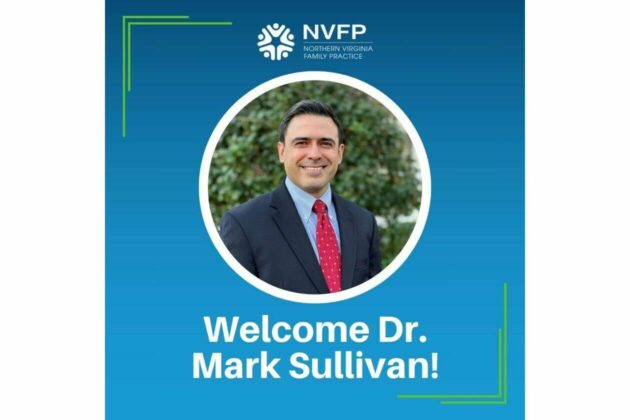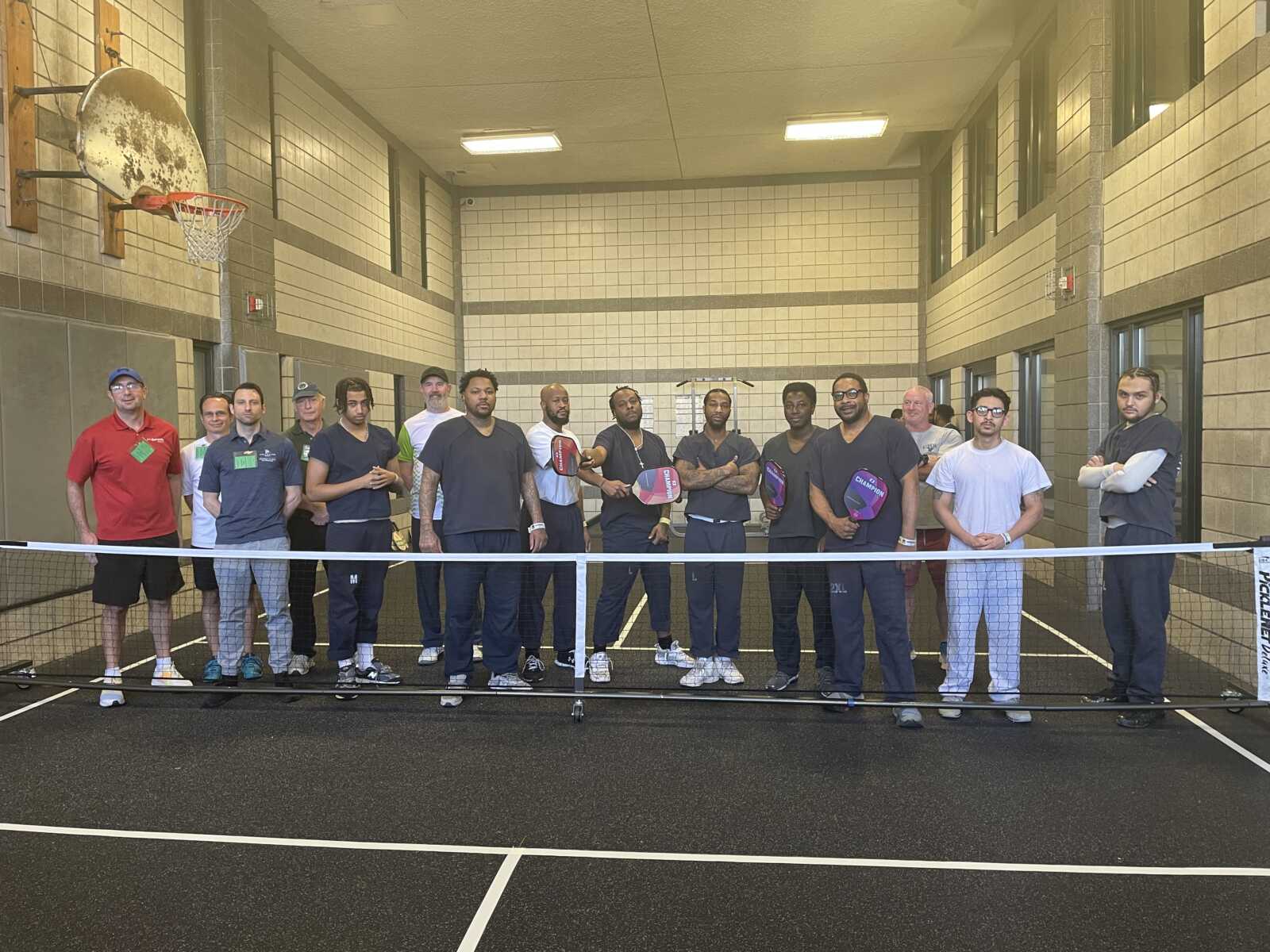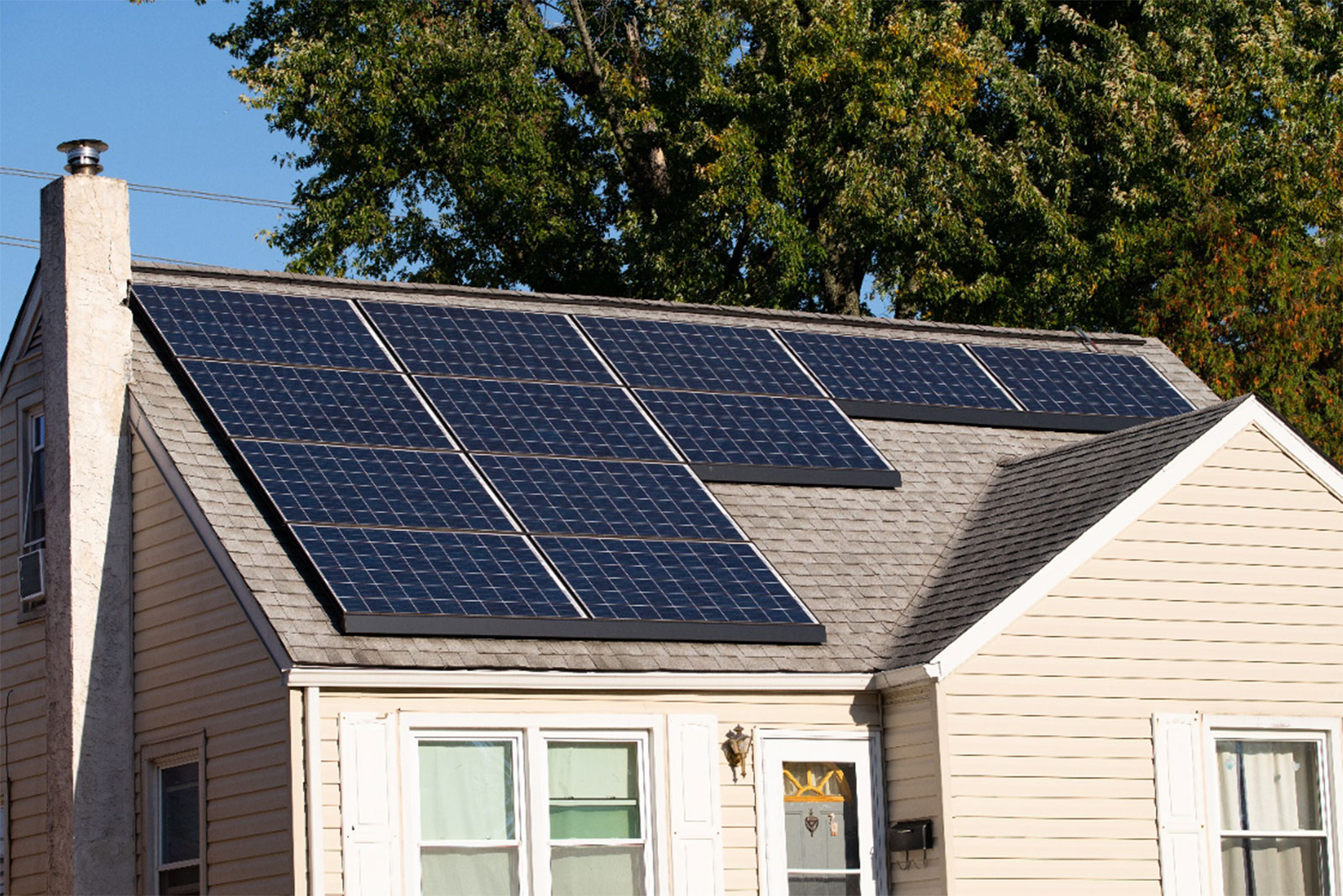Take a drive through Fairlington and you will see sprawling acres of modest Colonial Revival-style condominiums with manicured lawns.
Once, they were garden apartments and townhouses, built between 1942 and 1944 to house the masses of defense workers who flocked to Arlington during World War II.
The complex is one marquee example of Arlington’s World War II-era garden apartments. Other examples include Arlington’s first complex, Colonial Village, and its second, Buckingham Village.
While denser than exclusively single-family-zoned neighborhoods, they are roomier, greener and lower to the ground than mid- to high-rise developments along Arlington’s Metro corridors. That is, they fit the definition of “Missing Middle” housing stock that Arlington County is looking to increase.
Today, Arlington is once again facing a housing crunch, one that is expected to tighten as Amazon hires more workers and companies spring up in its orbit. Garden apartments were once a solution to Arlington’s housing problems 80 years ago. But as Arlington County considers a plan for allowing “Missing Middle” housing in all residential area of the county, the “Missing Middle” of 80 years ago — these low-rise, gentle density developments — are worth a look.
Arlington’s housing history
Garden apartments first came online in the 1920s and were billed as a more spacious and light-filled alternative to denser, taller tenement housing, says George Mason University Mercatus Center fellow Emily Hamilton, who studies housing and development.
“Their setting, in park-like areas, was also shaped by the ‘garden city‘ movement, which started in the UK and was influential in the U.S. and based on the belief that urban housing should be surrounded by greenery, even in the city,” Hamilton said said. (Reston is nearby example of a planned “garden city.”)
But that trend didn’t pick up in Arlington until 1935, when 245 Colonial Revival-style buildings were built on 55 acres and named Colonial Village, writes Gail Baker, a former member of the Arlington County Historic Affairs and Landmark Review Board. Construction began on Arlington’s second complex, the 100-acre Buckingham Village, in 1937, and was completed in the 1950s.
Hamilton says demand shifted toward single-family homes in the mid-century, as living standards and federal financing made buying a house more feasible.
As a result, garden apartments became a “starter option” for families, according to historian Charlie Clark.
“A lot of Arlingtonians who are middle-aged homeowners got their start in the garden apartments in the 40s and 50s,” he said. “Then, they ambitiously rose the economic scale, and wanted a single-family home with a yard, and ended up in other neighborhoods.”
By the 1970s, as the regional population grew and Metro was built these garden apartments faced development pressure. Colonial Village was broken up: some units were conserved, others were converted in condos, and still others were razed and turned into office buildings.
The county preserved Buckingham through an affordable housing deal and the units at Fairlington Villages were converted into condominiums and sold. One selling point was that their Colonial Revival façades were maintained, Baker writes.
Fifty years later, garden apartments are some of the last affordable dwellings to rent in the county in part because the buildings are dated, Hamilton says. And development pressure is mounting, as these buildings are reaching the end of their useful lives.
“It’s interesting,” Clark said. “They were probably considered middle-class when they were built, but they probably have declined a little bit in terms of economics.”
A collection of them near Rosslyn, on N. Ode Street, will be redeveloped as a high-rise affordable housing complex. Meanwhile, the owners of a similar complex along Columbia Pike will be redeveloping its property with townhouses.
Arlington County pre-empted speculative redevelopment of a third garden apartment complex, the Barcroft Apartments, by brokering a deal with Amazon and developer Jair Lynch Real Estate Partners, which agreed to preserve 1,334 units on the site as committed affordable units for 99 years.
Role going forward
Currently, garden apartments, designated RA14-26 in the county’s zoning ordinance, are only allowed in certain pockets of Arlington, mostly in the triangle below S. Glebe Road and S. Walter Reed Drive, and along Columbia Pike.
The county had been studying several types of “Missing Middle” housing types, including Arlington’s garden-style apartment communities, and whether they’d be feasible to build and would fit into Arlington’s single-family neighborhoods, if zoning permitted it. The recommendation turned out to be more piecemeal, only permitting multifamily housing within the footprint of what’s currently allowed for single-family homes.
Missing Middle documents acknowledged that garden-style apartments could be less expensive and would make an effective transition from mid-rise developments to lower-density residential areas, but noted that they typically do not provide opportunities for homeownership, private open space or three-bedroom units.
Elise Cleva, a spokeswoman for the Department of Community, Planning, Housing and Development, says garden apartments probably won’t play too large a role going forward in how Arlington’s residential neighborhoods redevelop, even if zoning codes were loosened.
“It is expected that, if allowed, infill development of small multiplexes would occur gradually on individual lots, different from the development pattern of larger garden apartment complexes that were common in the mid-20th century,” she said.
Hamilton says the criticism of garden apartments, from an urbanism perspective, is justified.
“They’re small units, and they’re not dense or walkable, because they are [a] more suburban-style of multifamily development,” she said. “At a similar density, it’d be possible to do townhouses that might create a more walkable environment because there’s less green space breaking up the buildings.”
Even if they are not encouraged, they ought to be preserved, Clark said.
“The marketplace does march on, and I do agree that it’s sad when these things disappear,” he said. “We have to figure out how to preserve the identify of it, or the façades. Housing doesn’t last forever: It does decay and people’s tastes change.”
He said he hopes the Barcroft acquisition makes the homes attractive and preserves the architectural motifs, while keeping them affordable.
Some communities have managed to retain and refurbish their garden apartments, he noted. Those that remain, he predicted, “will require intervention by the county and fundraising partnerships” with affordable housing developers if people want to see their features, and price point, preserved.
“There’s got to be a way to figure out commercial builders who have to make a profit can opt with by-right landowners by taking slightly less profit and build a duplex or quadruplex that is attractive,” he said.
The county is currently updating its Historic Preservation Master Plan, including its approach to garden apartments listed in the Historic Resources Inventory. And county planners and preservationists are working together more to encourage historic preservation while meeting the needs of the people who live there, Cleva said.
“To date, several historic garden apartment complexes, including Buckingham Village and Colonial Village, have successfully undergone substantial renovations and incorporated compatible ‘bump-outs’ to add larger units to existing buildings,” she said.
It’s a fine line to toe, as the county has a vested interest in preserving affordable rental opportunities, but it recognizes the inevitable need for these buildings to be updated, Cleva said.
That balancing act is being worked out through another ongoing study, the Multifamily Reinvestment Study, she said.
Condo conversions — the privatized route that made Fairlington Villages successful — come with benefits and trade-offs.
Current residents may not be able to afford their unit, but conversions are still less disruptive than razing the buildings and replacing them with brand new apartments, said Anne Bodine and Peter Rousselot, with Arlingtonians for Our Sustainable Future.
“If owners of these large complexes are willing to do this conversion, without expanding footprints at all, then ASF would have no problems,” the group said. “There is much less risk of gentrification, compared to a new townhouse or duplex development because a pure one for one conversion won’t entail huge upgrades or new land acquisition costs.”
But current market conditions favor razing and redevelopment, not condo conversions, because it would allow for more units to be built, they said.
“The county has indicated that to preserve these older affordable units (whether rental or ownership), owners will need to build (in our mind, presumably all new) buildings that are four times more dense than the existing garden apartments,” they said. “Four times denser means ripping out trees and adding lots more people, in which case, even if the gentrification doesn’t kick in (and that is a big ‘if’), the fiscal and environmental costs must again be weighed before we can assess if it’s an acceptable tradeoff.”
The preceding article was funded by the ARLnow Press Club. Join today to help us produce more in-depth local journalism.
Recent Stories

Unlike our competitors, Well-Paid Maids doesn’t clean your home with harsh chemicals. Instead, we handpick cleaning products rated “safest” by the Environmental Working Group, the leading rating organization regarding product safety.
The reason is threefold.
First, using safe cleaning products ensures toxic chemicals won’t leak into waterways or harm wildlife if disposed of improperly.
Second, it’s better for you and your family. Fragrant chemicals in surface cleaners can expose you to a similar amount of pollutant particles as a busy city road, New Scientist reported.

Northern Virginia Family Practice (NVFP), known for its comprehensive concierge healthcare, is thrilled to introduce Mark Sullivan, MD as the newest member of its family medicine team.
Dr. Sullivan brings a wealth of experience in family medicine, underpinned by a passion for delivering personalized, patient-centered care. He has a distinguished background in managing various medical conditions, emphasizing preventive care, health education and chronic disease management. Dr. Sullivan is adept at employing the latest medical research and technologies to enhance patient outcomes.
Beyond his medical expertise, Dr. Sullivan is committed to the well-being of his community, demonstrating this through his active engagement in local health initiatives and educational programs. His approach to medicine is holistic, focusing on integrating physical, mental and emotional health and patient education to achieve optimal patient wellness.
Dr. Sullivan is now accepting new patients at their newly established Arlington office at 2445 Army Navy Drive, Arlington, VA, 22206. The office, known for its patient-friendly amenities and state-of-the-art medical facilities, continues to provide the exceptional, personalized care NVFP is known for in its newly upgraded Arlington location.
Fascination
Goth-Dark Wave Dance Party with Belly Dancing and Drag King Show.
Part of OurAlternative Thursdays for Alternave People with Alternative Lifestyles
Performances By
Belladonna and the Nightshades
Ya Meena
Drag King - Ken Vegas
DJ Michelle Guided
National Chamber Ensemble – Concerto Celebration
We invite you to join us for an extraordinary evening of music at our Season Finale, “Concerto Celebration”! Enjoy several masterworks as NCE performs two famous concertos in an intimate chamber music setting, opening with a delightful work by Chevalier







